Trade Unions Go On The Offensive In India
Equal Times
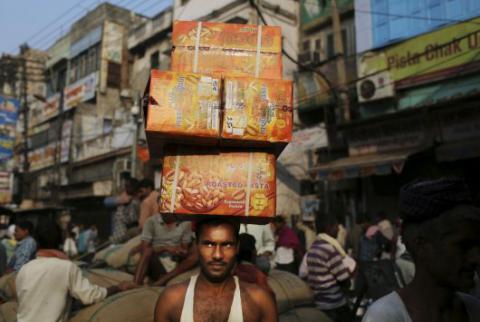
Indian unions protest government plans for massive privatization and deregulation in the name of more ‘flexible’ labour laws that will impact precarious and unprotected workers particularly hard. The proposed changes, which will bring down social standards and social indicators, have been developed without any form of consultation or dialogue with labour unions whatsoever.

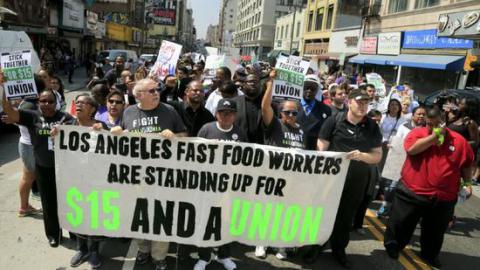
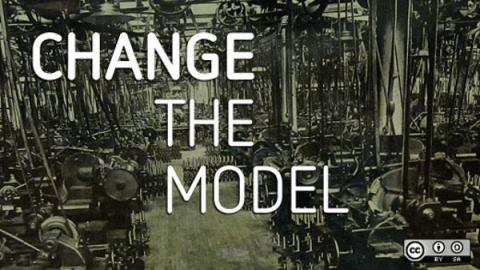
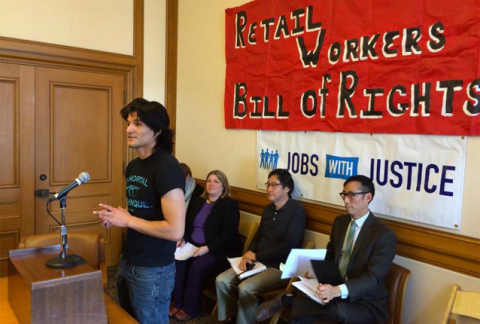
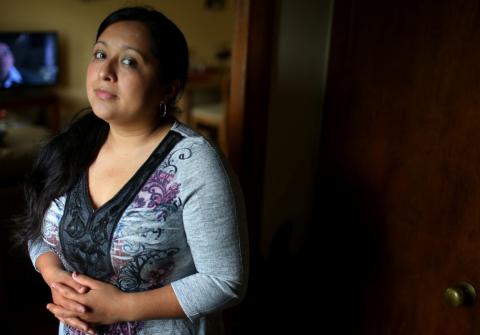
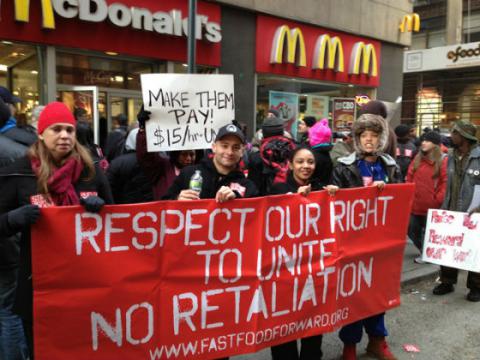
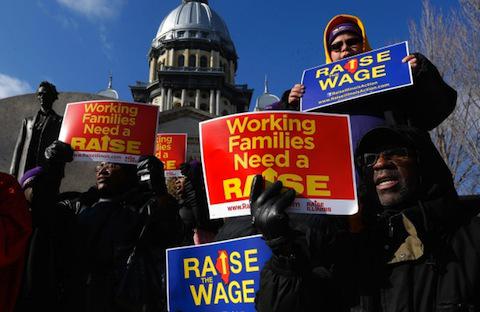
Spread the word